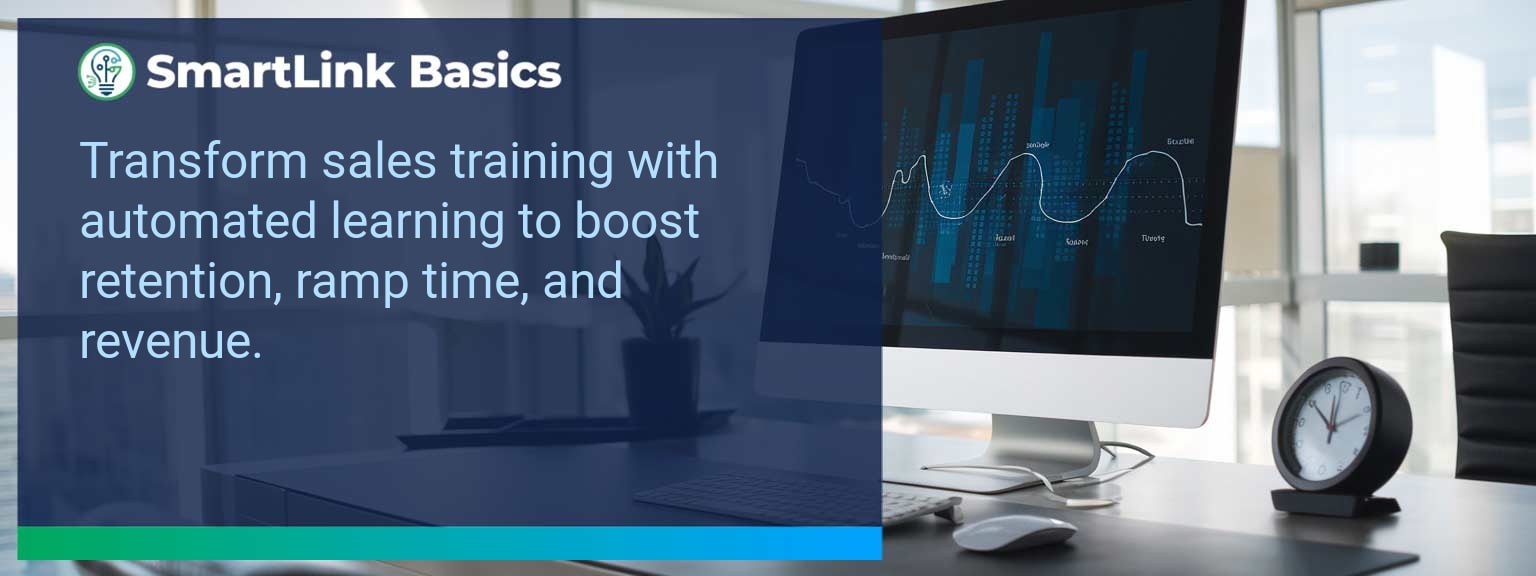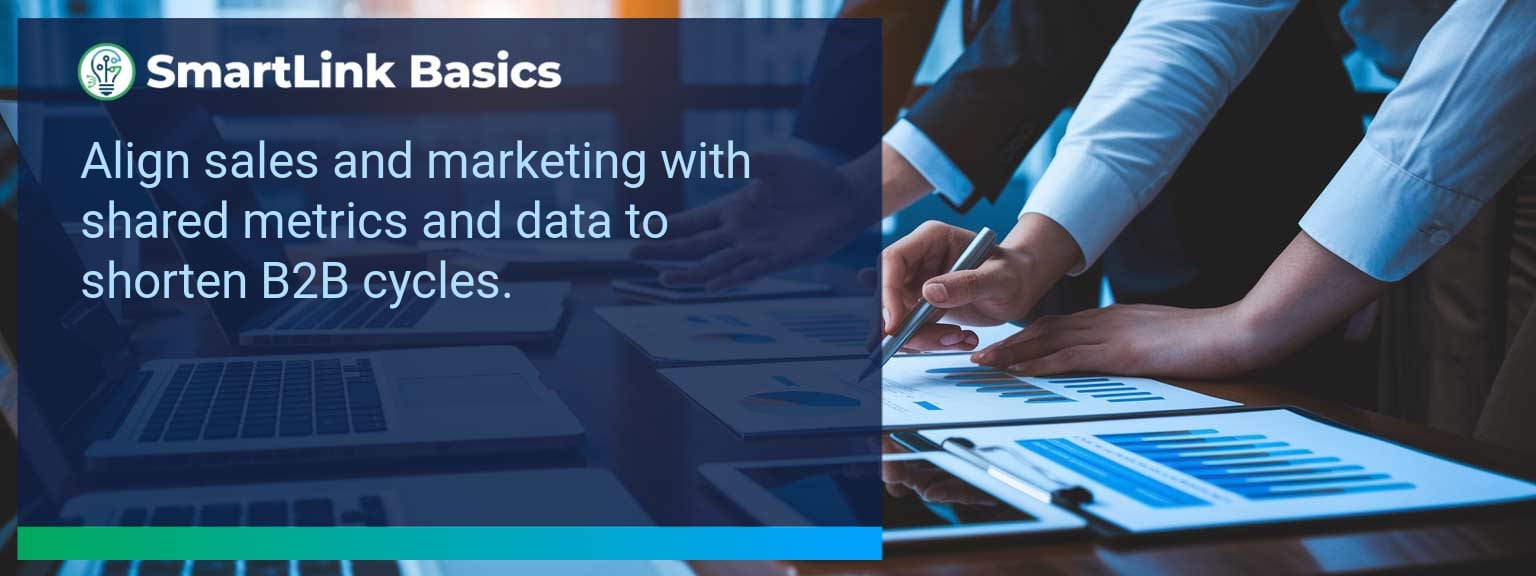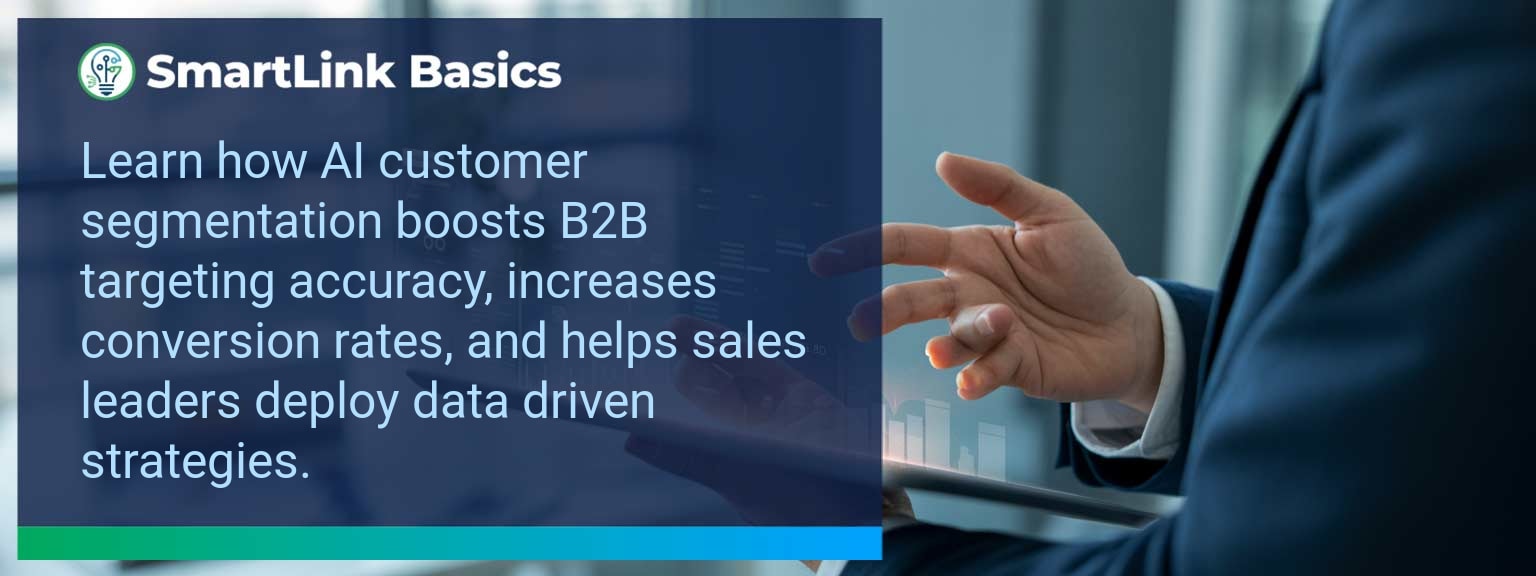Industry data shows that organizations adopting AI-driven automation achieve cost reductions of up to 30% while accelerating sales cycles by 20% or more (McKinsey, 2024). For sales leaders, AI automated workflows now define competitive advantage, enabling teams to reallocate time from repetitive tasks to high-value engagements. At SmartLink Basics, we help decision-makers implement these systems strategically, ensuring they integrate with existing revenue operations. In this article, you’ll see how AI automated workflows power business outcomes, the common obstacles that slow adoption, and practical steps to optimize processes. You’ll walk away with proven examples, a 90-day action blueprint, and measurable KPIs to track results.
- Automate repetitive administrative and CRM updates with AI.
- Integrate machine learning to personalize outreach at scale.
- Streamline approvals, quotes, and contract workflows for speed.
- Use predictive analytics to prioritize sales opportunities.
- Track adoption and performance with targeted metrics.
AI Automated Workflows: What Changed and Why It Matters
AI adoption has shifted from experimental to operational, making automated workflows a standard in high-performing sales organizations. The real advantage lies in combining workflow automation with artificial intelligence workflows to optimize every step of the revenue process. Sales leaders now use AI to synchronize touchpoints, reduce manual inputs, and ensure faster execution. For example, a B2B SaaS leader introduced automated lead enrichment and routing, cutting qualification time by 60%. Actionable insight: Audit processes for time-intensive handoffs and apply AI where repeatability is high.Redesign the Revenue Operating System With AI Automated Workflows
ICP, Segmentation, and Targeting AI-enabled segmentation uses historical wins, firmographic, and behavioral data to dynamically update ICP profiles. This ensures targeting precision without quarterly re-work. Pipeline Architecture Automated workflows push opportunities through the right stages based on engagement signals. AI flags at-risk deals for intervention. Plays and Messaging Integrated automation tools deliver personalized sequences based on buyer activity, increasing relevance at every touchpoint. Operating Cadence AI schedules follow-ups, forecast calls, and account reviews based on actual pipeline movement rather than static calendars. Actionable insight: Implement automation that adapts in real-time to both internal and buyer-driven events.Common Obstacles To Achieving Seamless Automation
The most frequent challenges are fragmented systems, inconsistent data quality, and cultural resistance. Without a unified data layer, automation amplifies errors rather than solving them. Coca-Cola Europacific Partners reported needing a full data governance upgrade before AI could improve sales workflows. Leaders must first assess infrastructure readiness and train teams to trust AI-influenced recommendations. Actionable insight: Before deployment, establish clean data practices and a single source of truth.Implementing AI To Optimize Workflows
Effective deployment of AI process optimization starts with mapping current-state processes, identifying friction points, and matching them with automation tools. For example, automating proposal generation based on CRM opportunity data can reduce turnaround from three days to one hour. Solutions combining business process automation platforms with machine learning integration enable continuous performance improvement. Actionable insight: Pilot in one high-impact stage, measure, and then expand.Tangible Benefits From Automated Processes
The benefits extend beyond time savings — sales leaders gain a scalable system. Tangible outcomes include faster quote-to-close, higher lead conversion, and better forecast accuracy. A manufacturing firm implemented AI-assisted order processing and cut errors by 40%, improving on-time delivery rates. Actionable insight: Track both speed and accuracy to measure workflow automation effectiveness.Metrics That Matter
| Category | Metric | Definition | Target |
|---|---|---|---|
| Leading | Workflow Completion Rate | % of automated sequences executed without manual intervention | 95%+ |
| Leading | AI Suggestion Adoption Rate | % of AI-generated action recommendations executed by reps | 80%+ |
| Lagging | Cycle Time Reduction | Decrease in time from lead entry to closed-won | 20%+ |
| Lagging | Revenue Per Rep | Average sales revenue generated per sales rep per quarter | +15% YoY |
| Quality | Automation Error Rate | % of workflows that trigger incorrect outcomes | <1% |
| Quality | Customer Satisfaction Post-Automation | Average CSAT score after automation implementation | ≥ 4.5/5 |
Innovations And Next Steps For AI Automation
Emerging capabilities like AI-generated playbooks, intent-driven dynamic routing, and integrated AR for virtual product demos are shaping the next wave of sales automation. Companies integrating these tools early will outpace competitors in speed and personalization. Actionable insight: Stay ahead by testing emerging automation features quarterly and aligning them with evolving buyer expectations.Get the 90-day plan, coaching rubric, and dashboard template to operationalize AI in your enablement program.
Turning AI Automation Into a Revenue Multiplier
AI automated workflows are now a strategic lever for predictable, scalable growth. This guide outlined current applications, adoption challenges, a 90-day execution plan, and measurable success criteria. To make automation pay off, sales leaders should integrate tools into one cohesive operating system and review results monthly for continuous improvement. Access more AI-driven sales enablement resources from SmartLink Basics to design a high-performance automation strategy. A recent Gartner report shows that 77% of high-performing sales teams attribute success to purposeful technology adoption. For sales leaders, integrating the right sales transformation tools is now a competitive necessity, not a luxury. At SmartLink Basics, we’ve seen how aligning enablement software, CRM solutions, and analytics platforms can remove friction from every stage of the sales process. This article breaks down which tools matter, how they overcome entrenched barriers, and the measurable gains they deliver in productivity and revenue. Readers will leave with a blueprint for selecting and deploying the right systems to elevate performance without adding operational complexity.- Evaluate sales transformation tools against clear productivity KPIs.
- Integrate sales enablement software with CRM for unified data flow.
- Adopt sales productivity tools that support existing workflows.
- Track both leading and lagging performance metrics for accuracy.
- Use insights to iterate and refine the sales operating system.
Overcoming Barriers To Sales Success With Sales Transformation Tools
Many sales organizations face inconsistent pipeline data, low CRM adoption, and limited actionable insights. These barriers slow sales velocity and diminish revenue growth potential. Implementing targeted sales transformation tools, such as AI-powered lead management systems and modular sales performance solutions, creates a consistent flow of accurate, actionable intelligence. For example, integrating predictive analytics into your sales process optimization framework can pinpoint which B2B sales strategies drive the best results. Leaders can then align sales enablement software to support those priorities. Actionable insight: Audit your current tech stack for redundancies and integration gaps, then map tool functionality directly to specific revenue outcomes.Leveraging Sales Transformation Tools For Measurable Improvement
Redesigning the revenue operating system starts with clarity on four interconnected elements: ICP, Segmentation, and Targeting Define precise buyer profiles and segment markets using CRM solutions that leverage AI scoring. This ensures sales productivity tools are applied where ROI potential is highest. Pipeline Architecture Map channel-specific stages and integrate automated alerts for stalled deals. One manufacturer improved conversion rates 18% by embedding win-probability scoring in their CRM. Plays and Messaging Align scripts, case studies, and proposals within sales enablement software so reps can pull relevant resources on demand, reducing prep time. Operating Cadence Use dashboards that combine forecast accuracy, deal progression, and rep activity metrics to maintain alignment between leadership and front-line teams. Actionable insight: Deploy these components sequentially over 90 days for measurable improvement without overwhelming adoption capacity.Notable Impact On Sales Performance
Organizations adopting integrated sales performance solutions experience faster onboarding, higher quota attainment, and improved forecasting accuracy. For example, a SaaS company consolidated its lead management and pipeline tracking into a single AI-enabled system, reducing revenue leakage and boosting win rates by 22%. These gains are not isolated. Research from McKinsey indicates that consistent use of unified sales transformation tools can raise sales productivity by 15–25%. The result is more predictable revenue growth and reduced strain on sales operations. Actionable insight: Embed impact tracking for every new tool to ensure sustained gains and identify opportunities for early course correction.The Next Phase Of Sales Innovation
The next frontier involves predictive orchestration—where AI recommends not only the next lead or opportunity but also the optimal engagement sequence. Combined with dynamic coaching insights, this creates a personalized enablement environment for every rep. Forward-thinking sales leaders are already combining generative AI with sales enablement software to cut proposal creation times while increasing personalization. This shift transforms the enablement function into a proactive growth engine. Actionable insight: Start experimenting with AI-driven orchestration use cases, using expert insights from SmartLink Basics to guide safe, scalable adoption.Metrics That Matter
| Category | Metric | Definition | Target |
|---|---|---|---|
| Leading | CRM Activity Accuracy | % of deals updated weekly in CRM | 90%+ |
| Leading | Playbook Adoption Rate | % of opportunities using approved messaging sequences | 85%+ |
| Lagging | Quota Attainment | % of reps hitting assigned revenue targets | 80%+ |
| Lagging | Conversion Rate | Opportunities won ÷ total qualified leads | 25%+ |
| Quality | Engagement Index | Composite of meeting participation, collaboration input, and survey feedback | +10% QoQ |
| Quality | Customer Win Review Score | Average assessment of closed deals by solution consultants | ≥ 4.0/5 |
Get the 90-day plan, coaching rubric, and dashboard template to operationalize AI in your enablement program.









